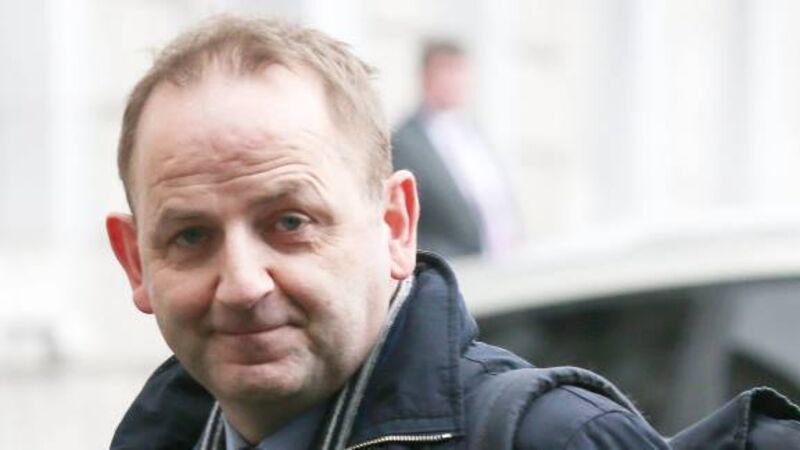Maurice McCabe: Quiet man who started a historic reform

Maurice McCabe has not bared his soul in any newspaper interviews or addressed any public gathering. The only gathering he has appeared before was the Public Accounts Committee last January, and that was behind closed doors.
The only TV and still shots of McCabe are those showing him entering and leaving Leinster House on that day he appeared before the PAC. He looks nothing out of the ordinary, dressed, at least partly, in his garda uniform, a carrier bag slung over his shoulder. The shots now frequently shown on news bulletins depict him seeking out the entrance to Leinster House, a polite smile on his face. He nods at the garda standing at the entrance, colleagues from the same side of the street, but living in different worlds.















